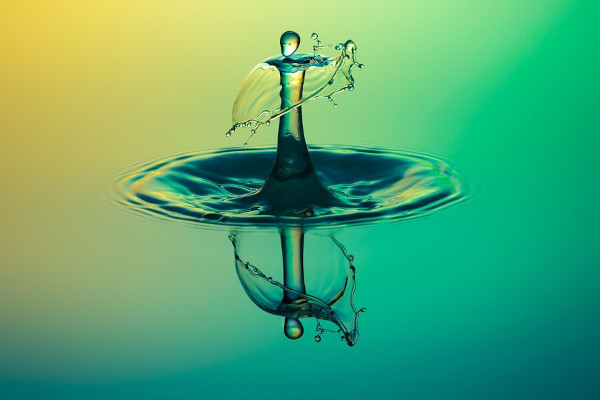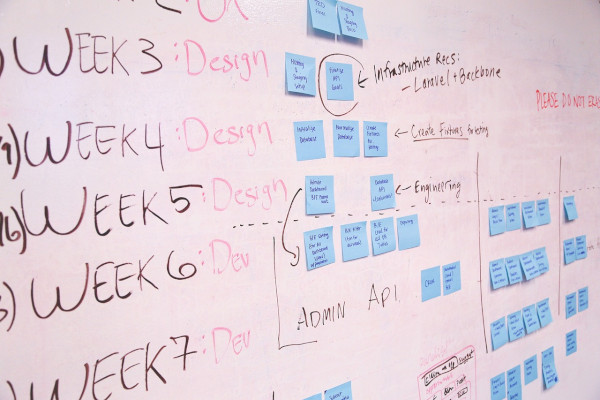Featured Information

The bottled water industry places a high emphasis on safety to ensure that the water products consumers purchase meet stringent quality standards. Several measures are implemented throughout the production and distribution process to safeguard the safety of bottled water. Let’s explore how safety is ensured in the bottled water industry:
Source Protection
The first step in ensuring safety is to select and protect the water sources. Bottled water companies typically choose sources that meet specific criteria, such as natural springs, wells, or municipal water supplies. These sources undergo regular monitoring and testing to verify their suitability for producing safe drinking water. Protection measures, such as land conservation, watershed management, and pollution prevention, are implemented to maintain the quality of the source water.
Water Treatment
Bottled water goes through various treatment processes to remove impurities and ensure its safety. Common treatment methods include filtration, sedimentation, activated carbon adsorption, reverse osmosis, and disinfection (e.g., chlorination, ozonation, ultraviolet sterilization). These treatments target different contaminants, including microorganisms, sediment, chemicals, and other potential hazards. The specific treatment processes depend on the water source and the desired type of bottled water.
Quality Testing
Rigorous testing is conducted at different stages of production to verify the safety and quality of bottled water. Samples are taken from the source water, during and after treatment, as well as from the finished product. Testing is performed for various parameters, including microbiological, chemical, and physical characteristics. Microbiological testing looks for the presence of bacteria, viruses, and other microorganisms. Chemical testing analyzes the levels of minerals, heavy metals, pesticides, and other substances. Physical testing examines factors like pH, turbidity, and taste. The testing protocols are often established by regulatory authorities and industry associations.
Regulatory Compliance
Bottled water companies must adhere to strict regulations set by governmental bodies, such as the Food and Drug Administration (FDA) in the United States, to ensure safety and quality. These regulations define the standards for bottled water production, labeling, and testing. They establish limits for contaminants, specify treatment requirements, and mandate proper labeling practices. Regulatory agencies conduct inspections and audits to ensure compliance with these standards and may take enforcement actions against non-compliant companies.
Quality Management Systems
Many bottled water companies implement robust quality management systems (QMS) to maintain safety and quality throughout the production process. QMS frameworks, such as Hazard Analysis and Critical Control Points (HACCP) and Good Manufacturing Practices (GMP), provide guidelines and procedures for identifying, preventing, and controlling potential hazards. These systems cover aspects such as source water protection, sanitation, equipment maintenance, employee training, record keeping, and traceability.
Industry Certifications
Bottled water companies may obtain certifications from independent third-party organizations to demonstrate their commitment to safety and quality. Common certifications in the bottled water industry include the International Bottled Water Association (IBWA) certification and the NSF International certification. These certifications require companies to meet specific criteria, undergo regular audits and testing, and adhere to industry best practices.
Traceability and Recall Systems
In the event of a safety issue or product recall, bottled water companies have traceability and recall systems in place to quickly identify affected batches and remove them from the market. These systems allow for swift action to protect consumers and mitigate any potential risks. Traceability systems track the movement of products throughout the supply chain, while recall systems facilitate the communication and coordination necessary for an efficient recall process.
Consumer Complaint Monitoring
Bottled water companies actively monitor and address consumer complaints related to safety or quality concerns. They have processes in place to receive and investigate complaints, take corrective actions if necessary, and communicate with consumers regarding the outcomes. Monitoring consumer feedback helps companies identify and resolve potential issues, thereby improving the overall safety and quality of their products.
By implementing these comprehensive safety measures, the bottled water industry works diligently to ensure that consumers can trust the safety and quality of the water they purchase. Continuous monitoring, testing, adherence to regulations, and the implementation of quality management systems are crucial for maintaining the highest standards of safety in the industry.


